77% of researchers not using alternatives to animal testing
Drug Discovery World
JULY 15, 2024
New survey findings have revealed that 77% of R&D professionals are not using in vitro cell-based alternatives to animal testing, and only 23% describe themselves as ‘very familiar’ with any kind of animal model alternative. This comes despite new laws, such as the FDA Modernization Act 2.0

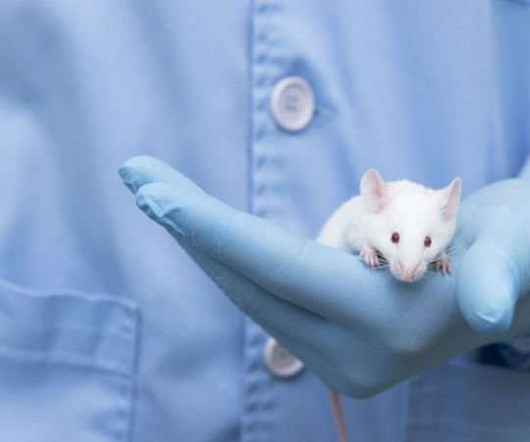





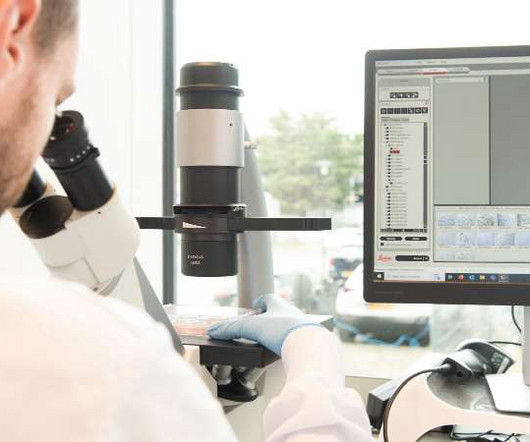






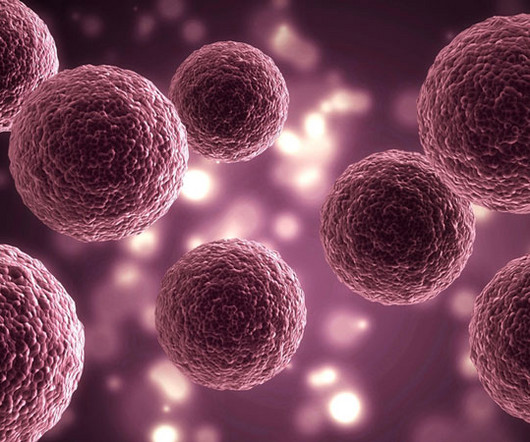

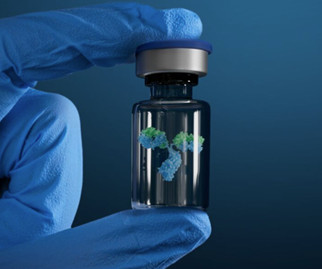




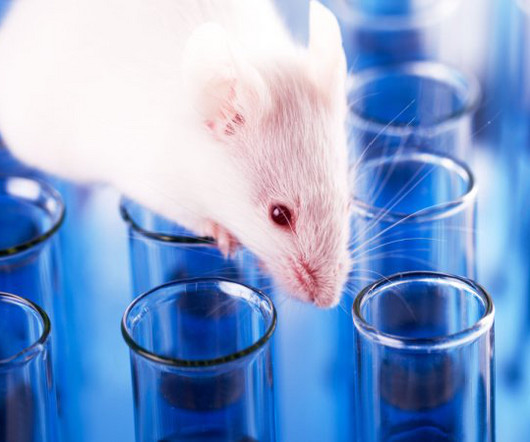







Let's personalize your content